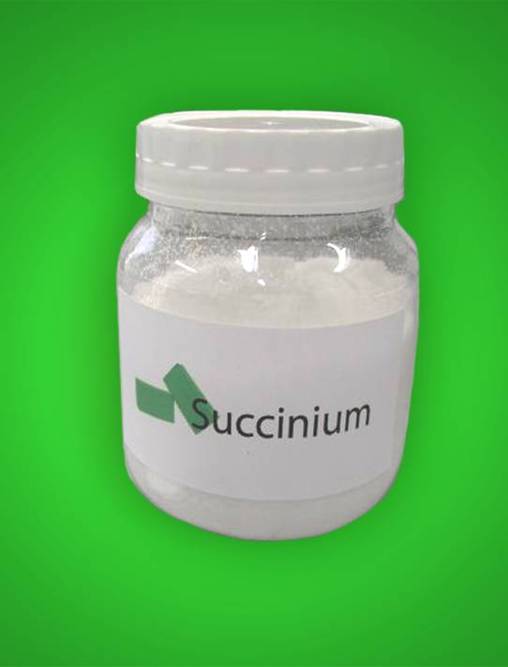The bio-succinic acid market has significantly gone through a tumultuous change just in the past five years alone, from being the young, rising star of the bio-based chemical building blocks industry into a young adult looking for its rightful career path within the global chemicals space. Among the four initial companies that jump-start this market: Myriant, BioAmber, Reverdia, and Succinity – the recent news of Reverdia’s dissolution has left only Succinity as the remaining original player, and it is not even known if Succinity is still producing bio-succinic acid at its 10 ktpa Montmelo, Spain, facility as there have been no updated news from this company for the past 2 years now.
DSM announced last week that Reverdia will be dissolved effective April 1, 2019, and the partners, DSM and Roquette, will transfer the rights and obligations related to Reverdia’s 10 ktpa Biosuccinium plant in Cassano, Italy, to Roquette. Under a non-exclusive license from DSM, Roquette will operate the plant and continue serving customers of Biosuccinium. Customer service, order processing, and marketing and sales will be integrated into Roquette’s existing business to ensure a smooth transition.
DSM, the original developer of the Biosuccinium technology, will assume the role of the exclusive licensor, reportedly in line with its business model in this field. The technology has reportedly matured to a point where the roll-out potential is significant enough to warrant a focused effort in licensing.
I will be discussing more of this topic including the current market situation of the succinic acid in China at Tecnon OrbiChem’s upcoming March Biomaterials issue.
Bio-based Succinic Acid Players as of early 2018
Company Location Start-up Date
Reverdia Cassano, Italy 2012
Myriant Louisiana, USA 2013
Succinity Montmélo, Spain 2014
BioAmber Sarnia, Canada 2015





2 responses to “The changing landscape of bio-based succinic acid”
Interesting to see how challenging it is to bring new chemicals to market. Does anyone have a business strategy and deep pockets to keep the moment going forward ?
These projects all foundered because the cost of production never became competitive with fossil-based feed stocks. Bioproducts need to be at least nearly economically competitive plus offering ultimate consumer products that are clearly green in comparison with the current fossil-feed stock based products.